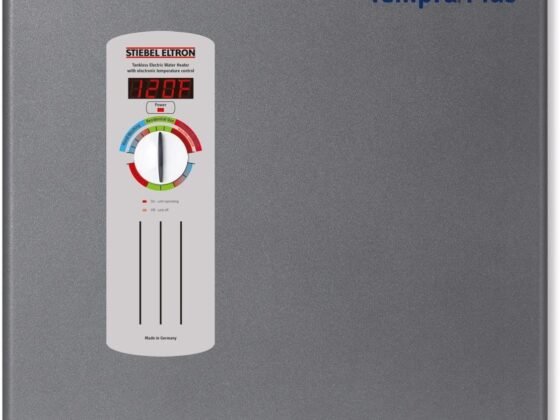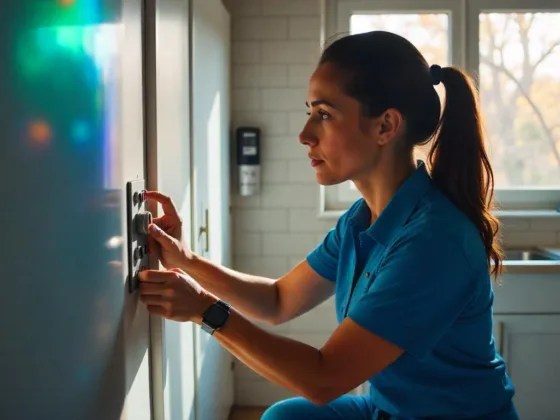As water heaters remain relatively out of sight, it often goes unnoticed if it keeps delivering hot water consistently. We usually take water heaters for granted and never care for it unless it gives some problems.
Although the equipment does not require much maintenance, it deserves some attention and care so that it functions well, but seldom does this happen.
Like any other household equipment, water heaters can give various kinds of problems, most of which are easy to fix without having to call a plumber.
However, some problems like water heater leaking from bottom are typically the kind that needs professional expertise to fix.

Although there are many models of water heaters with new models coming to the market very often, the problems or issues arising from these are quite similar.
Being familiar with tank water heaters’ problems will help you decide whether you can fix it by yourself or need to call a plumber.
Read Also:
- Is Something Leaking? 10 Common Plumbing Problems Homeowners Will Experience
- Tips to Choose the Professionals for Hot Water Heater Repair Service
- How Does Home Plumbing Work: The Ultimate Guide
- What Can be the Possible Reasons for Noisy Pipes?
- What Would Life Be Like Without Central Heating?
- 5 Signs Your Boiler Is About to Break Down
Water Leaks
Water leaks can happen due to malfunctioning valves, leaking tanks, and condensation. A water heater has a pressure relief valve, a ball valve, and a drain valve.
Knowing the position of the valves will help to detect which valve might be leaking.
Drain valves often leak if not closed tightly, but if the leak persists even after tightening the valve, it needs replacement.
If the pressure relief valve malfunctions, then replacing it is the only option. Tightening the ball valve can fix leaks, or else it needs replacement.
If the water heater leaking is from the top and none of the valves are at fault, then a tripped threaded nipple or loose connection is the cause.
Leaking tank causes water accumulation at the bottom, which mostly requires replacing the equipment.
No Hot Water or Water Not so Hot
If you face an insufficient supply of hot water, then review if hot water consumption has gone up, and you need a water heater with a bigger tank.
For electrical water heaters, the reason for lack of hot water or water not being hot enough could be due to the tripping of the circuit breaker or malfunctioning of the heating element.
Thermostat malfunction results in poor heating of water, and to prevent over-heating, it will require re-setting the high-temperature limit.
The problem with the dip tube may stop the supply of hot water, and replacing the tube should fix the problem.
For gas water heaters, a faulty thermocouple might hinder heating, and cleaning or replacing it can solve the problem. The water heater will not function if the pilot light goes off.
Slow Heating
When it takes a longer time to heat water, the heating element or the thermostat could malfunction.
Depending on the condition of the parts, decide if repairing or replacement would be right.
For gas water heaters, check if the set pressure is correct. If this does not work, then cleaning the burner orifice could resolve the issue.
If the water coming out from the water heater is smelling something like rotten eggs or other obnoxious smell, it is a sign for changing the anode rod.









